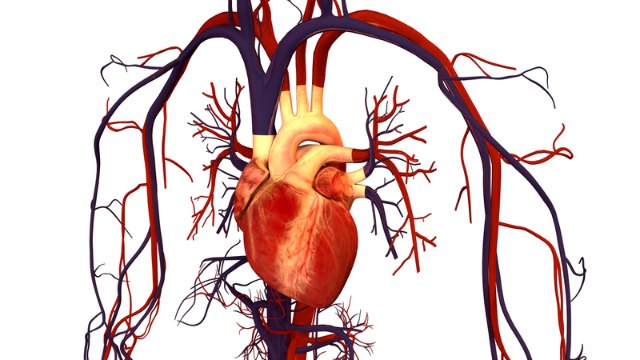 WIKIMEDIA, BRYAN BRANDENBURGAfter a teenage boy died of cardiac arrest, family members underwent genetic testing to see if they had any variants that might predispose them to a similar fate. This so-called surrogate testing—sequencing the genes of relatives—identified what doctors thought was the genetic culprit of the boy’s death, and more than two dozen family members were given a diagnosis of a serious heart condition. But a reanalysis of the family’s genes and heart health, published in Mayo Clinic Proceedings this week (October 31), concludes that they were misdiagnosed, highlighting what the authors consider the “devastating consequences” of surrogate testing.
WIKIMEDIA, BRYAN BRANDENBURGAfter a teenage boy died of cardiac arrest, family members underwent genetic testing to see if they had any variants that might predispose them to a similar fate. This so-called surrogate testing—sequencing the genes of relatives—identified what doctors thought was the genetic culprit of the boy’s death, and more than two dozen family members were given a diagnosis of a serious heart condition. But a reanalysis of the family’s genes and heart health, published in Mayo Clinic Proceedings this week (October 31), concludes that they were misdiagnosed, highlighting what the authors consider the “devastating consequences” of surrogate testing.
“This is the proverbial dark side of genetic testing and precision medicine,” paper coauthor Michael Ackerman, a genetic cardiologist at the Mayo Clinic, told STAT News.
Ackerman and colleagues met the family members when they came to the Mayo Clinic for a second opinion. The family members had been diagnosed with long QT (LQT) syndrome, an inherited cardiac disease, based initially on a genetic test given to the brother of the boy who had died. The test showed the brother had a variant in a gene called KCNQ1, and tests of other family members showed they, too, shared the sequence. The brother even received an implanted defibrillator.
But the family members, including the boy’s brother, seemed to have healthy hearts. And when Ackerman sequenced the ...














